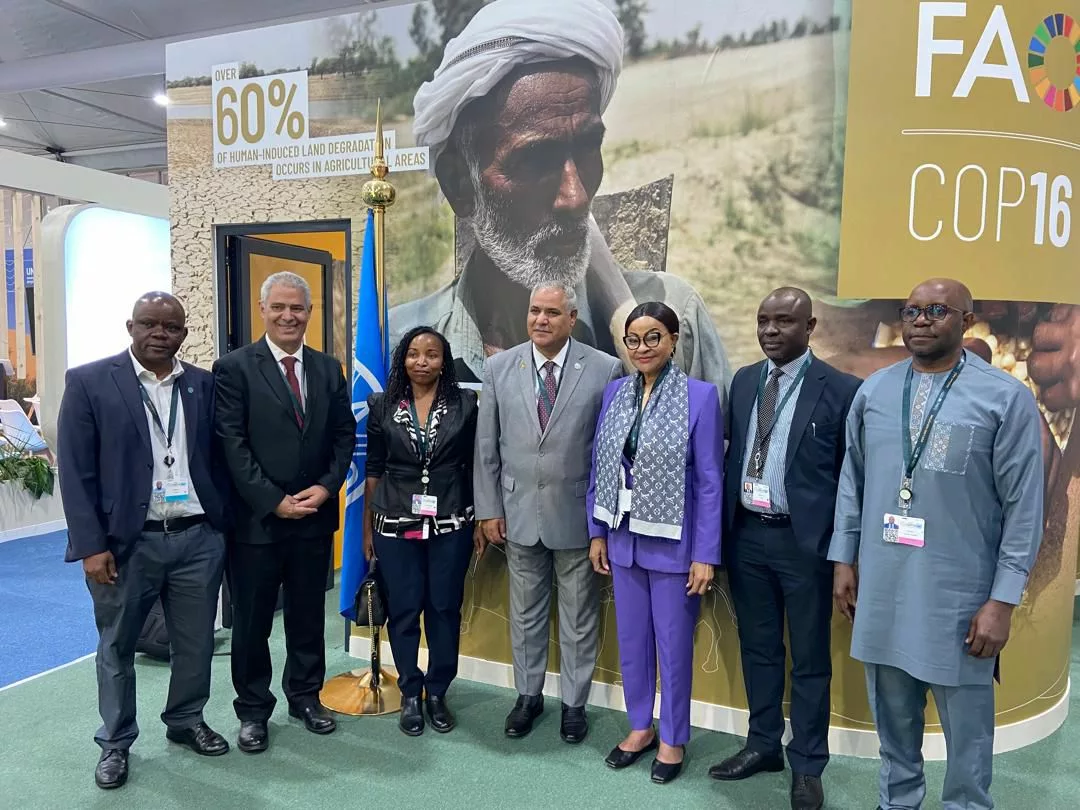|
Getting your Trinity Audio player ready...
|
Riyadh, Saudi Arabia 09/12/24 – Around 13 billion dollars of gross domestic product in North Africa and the Middle East is lost to sand and dust storms, African Union Commissioner Josefa Correia Sacko said in Riyadh (Saudi Arabia).
The diplomat made these remarks while speaking at the United Nations Convention Forum (COP16) on combating desertification. She said that this loss is very large and equivalent to the combined GDP of three countries on the continent (South Sudan, Eswatini, and Liberia).
Josefa Sacko emphasised that sand and dust storms have continued to affect the climate, ecosystems, agriculture, transport, and human lives on the continent.
“The countries most affected by sand and dust storms worldwide are those in the Sahel region since the Sahara Desert is one of the largest sources of dust, not only in Africa but worldwide,” she emphasised.
In his view, dry lakes and loose sediments in coastal areas also contribute to dust, and the rapid increase in human activities, such as construction, agriculture, and poor land management practices, aggravate the problem.
She emphasised that the occurrence of meningitis in the Sahel region is strongly associated with periods of high dust concentration, and it is estimated that around 250,000 people contract this potentially fatal disease every year.
She said that immediate action is needed to mitigate, prepare for, and respond to the negative impacts of this disease, which must include collective efforts at the global level to solve the problem, bearing in mind that sand and dust storms have a direct impact on the world economy.
According to the AU Commissioner, another important component of responding to and strengthening resilience against sand and dust storms is ensuring the availability of timely information that allows for rapid action.
She stressed that the AMHEWAS programme will continue to strengthen the capacities of Sahel experts to implement early warning and anticipation actions at the national and regional levels, thus avoiding harmful impacts.
Also urged governments, international organisations, civil society, and all stakeholders to continue and multiply efforts to build resilience against these storms to deal with the impacts that must prioritise reducing the direct and potential damage they are causing to human lives.






